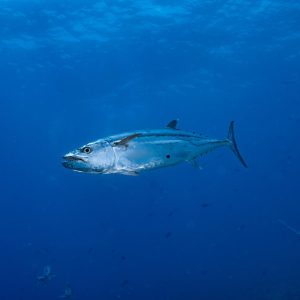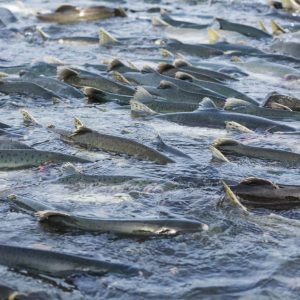Greenpeace market check: Frozen vegetables are a source of vitamins with a good carbon footprint
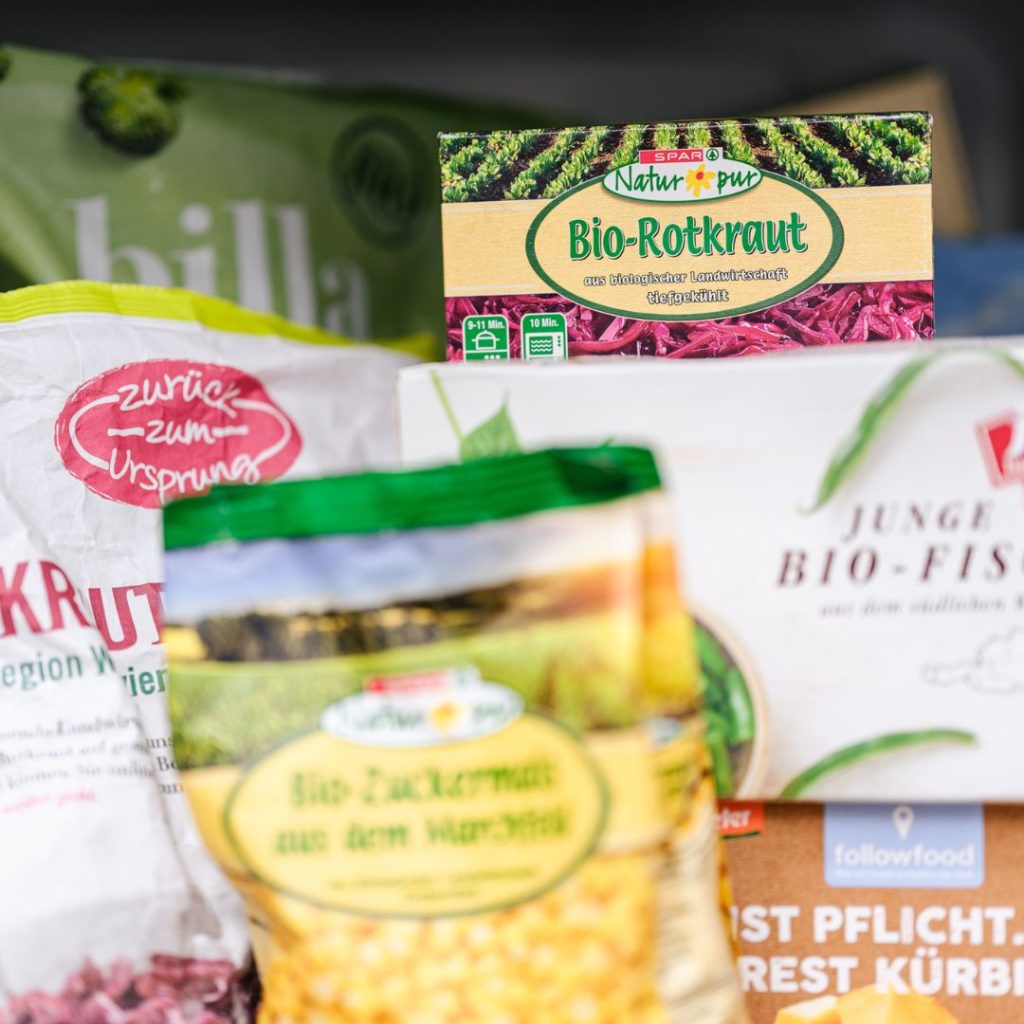
Frozen peas in the supermarket have a better carbon footprint than pickled peas, according to the latest Greenpeace market check, which examined various types of frozen vegetables. It showed that selected vegetables already have a good organic and regional content.
The Greenpeace market check examined selected frozen vegetables during the cold season, namely peas, carrots, corn, spinach, runner beans, broccoli, red cabbage, soy beans/edamame, another single-variety item and a vegetable mix with a maximum of two varieties. The result is satisfactory:
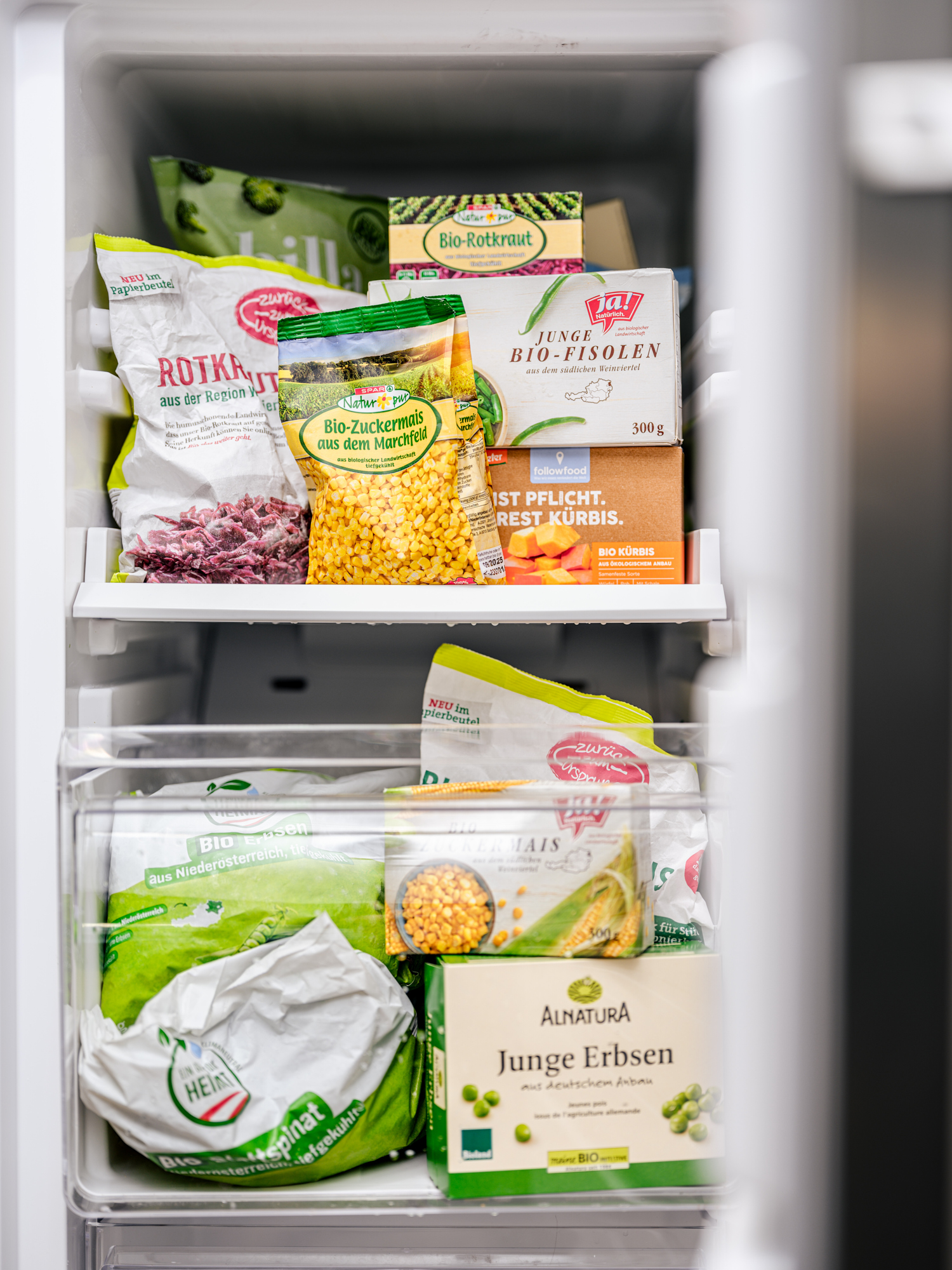
- 5 of the 10 varieties can be found on average in organic quality in the frozen food aisle
- After all, two thirds of them come from Austrian agriculture
- Peas, carrots, spinach and the like from the freezer shelf are important sources of vitamins all year round and often have a better carbon footprint when purchased than in a jar or can
- Interspar took first place in the comparison of product ranges, ahead of Spar, Billa Plus and Billa, all four of which scored "Very Good" thanks to their own organic brands.
Vitamin-rich vegetables in winter
Greenpeace agricultural expert Melanie Ebner says: "Even now in winter, we need vitamin-rich vegetables. The first choice here should definitely be seasonal and regional organic vegetables. But there is now also a wide range of organic frozen peas, spinach and other vegetables from Austria. The market check shows that private labels are ahead of industrial brands when it comes to organic products.
Comparison of the environmental impact
When comparing the environmental impact of frozen vegetables, the results are good: frozen peas, for example, are better for the climate than the alternatives in a jar or can.
1.2 versus 1.7 kg CO₂
The production of one kilogram of frozen peas requires 1.2 kilograms of CO2 to reach the supermarket checkout, whereas canned or jarred peas require 1.7 kilograms of CO₂ - a whole 40 percent more.
However, the behavior of the buyer is crucial for the overall carbon footprint of frozen vegetables. This is because the storage period and processing at home have the greatest impact on the carbon footprint. Greenpeace recommends avoiding the car as much as possible when shopping, defrosting the freezer regularly and paying attention to the energy efficiency of the appliance when buying a new one.
Organic vegetables
Peas and spinach from the freezer compartment are available in organic quality at all supermarkets. At the best-placed supermarket, Interspar, at least one organic product is available for seven of the ten types of vegetables surveyed. Frozen organic runner beans are hardly available in stores, organic soy beans not at all. Almost two thirds of the varieties tested in the market check are also available from local farms.
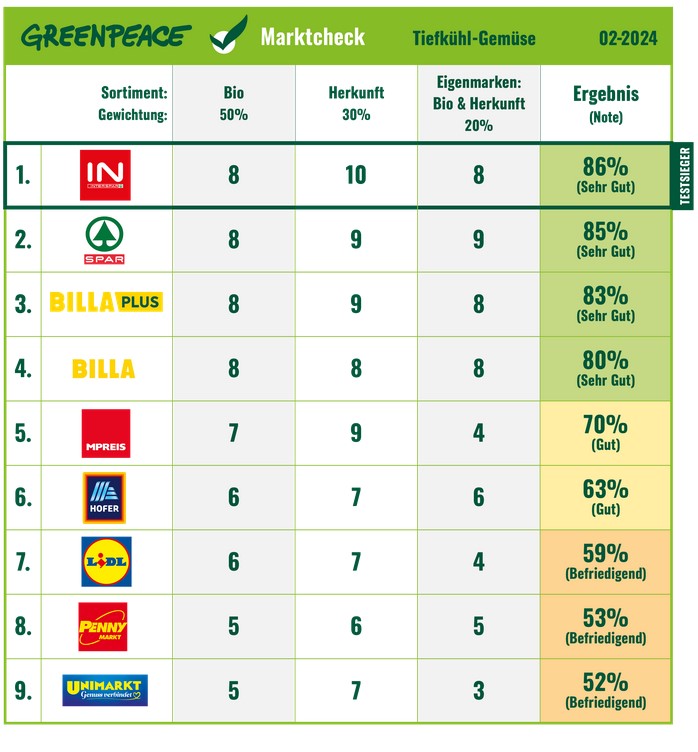
It is striking that environmentally friendly, organically produced vegetables are only offered by the retail brands. The market check did not find any organic quality from Iglo, the best-known frozen food brand in Austria.
"Brands like Iglo must also fulfill their responsibility to the environment and offer climate-friendly organic products. But we ourselves can also protect the environment through our purchasing, storage and processing activities," says Ebner.
You can find the results in detail here:
Photos © Mitja Kobal / Greenpeace
